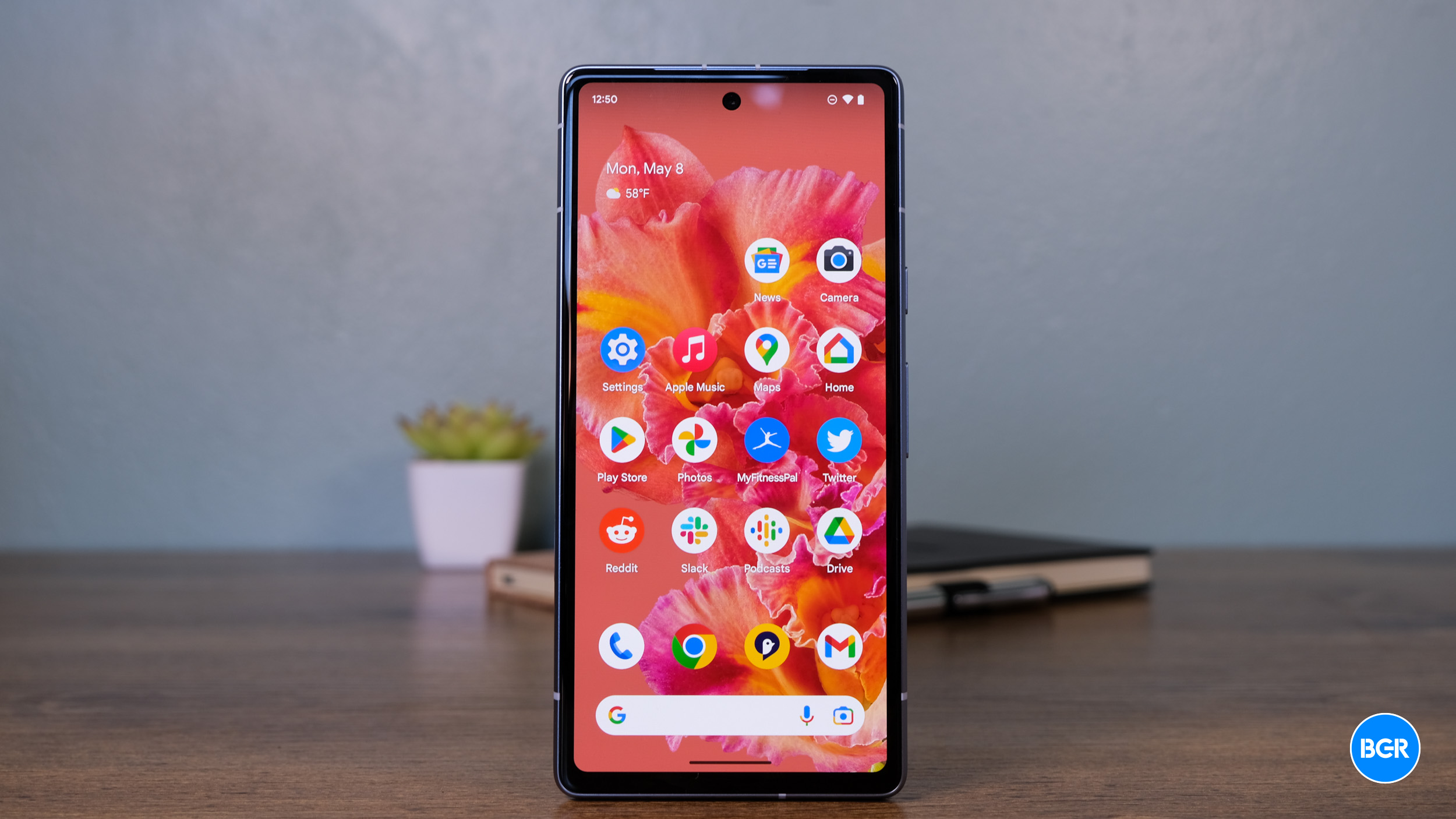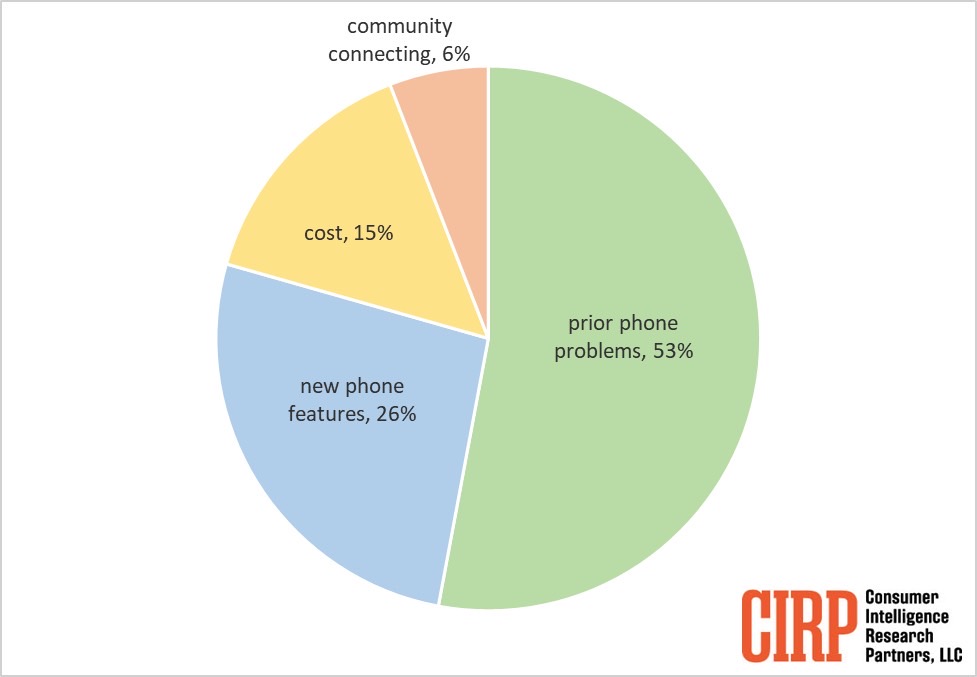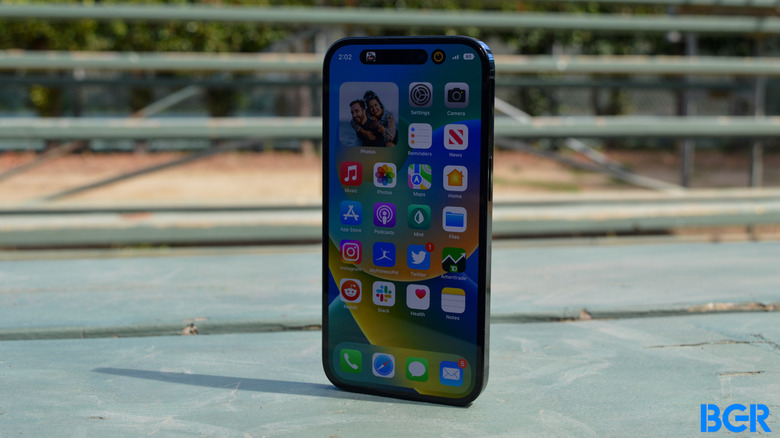Google Has Bigger Problems Than iMessage Making Android Users Switch To iPhone
More people switch from Android to iPhone than the other way around, and that's how it has always been. Apple's iMessage has been seen as a key product that can convince consumers to move from an Android handset to an iPhone. And Google's relentless, fruitless, and slightly cringey campaign to shame Apple into supporting RCS in the iPhone's Messages app supports that idea.
But new research shows that Google still has bigger problems to fix. iMessage is the least of Google's problems, as Android switchers have more important reasons for switching to iPhone.
Consumer Intelligence Research Partners (CIRP) penned a follow-up to one of its earlier reports, and it now offers actual figures. They're still estimates, mind you, but we now have more to go on than we did after the firm's initial report.
CIRP said a few days ago that between 10% and 15% of new iPhone buyers in the US come from Android. The rate has been steady over the past several years but increased in recent quarters. In the 12 months ending in March 2023, an estimated 15% of iPhone buyers came from Android.

CIRP then asked Android switchers why they moved to iPhone, and it published the details in a follow-up report.
The company explains that some switchers could not articulate why they changed operating systems. They just "wanted something new." But others did in fact explain why they abandoned Google's Android in favor of Apple's iPhones.
According to CIRP, these are the four main categories of people who switched from Android to an iPhone:
- Prior phone problems: their old phone did not serve them, because it was aging, needed repair, or had some deficiency that affected their user experience
- New phone features: they wanted more and different ways to use their smartphone, like a better camera, enhanced accessory options, or a more intuitive user interface
- Cost: they could spend less on a new iPhone than they expected or than on a comparable Android smartphone
- Community connecting: they wanted a smartphone that integrates with family and friends, including using iMessage and FaceTime on iOS
I'm not surprised to see iMessage on the list of reasons for moving to iPhone. The chat app has been perceived as one of Apple's main weapons to keep users loyal to iOS and convince others to get an iPhone. But I was surprised to see the percentages for these categories.
As you'll see in the following chart, only about 6% of people fall into that fourth category, which mentions access to iMessage and FaceTime.

The overwhelming majority of Android switchers had problems with their Android devices (53%). New phone features placed second with 26%, while cost was a surprising third at 15%.
Concerns over pricing were surprising because iPhones are expensive. But Apple does sell older handsets that are cheaper and yet still outperform the newest Android devices. Add the promo deals that Apple offers and the carrier deals that often deliver free iPhone upgrades, and the cost will make sense.
Surveys like CIRP's might not always paint the most accurate picture. But the report shows that the blue iMessage bubbles Google is fighting aren't necessarily the biggest problem for most Android switchers. Issues such as the quality of Android and Android devices might be bigger problems.
What Google can fix here is the operating system so it can make Android as appealing as possible to users. But, as we've seen, that's not enough. Even longtime Android users aren't happy with the overall Android app experience.
As for hardware quality, Google can only control its Pixel devices. And Pixel devices have always had software and hardware issues themselves.
